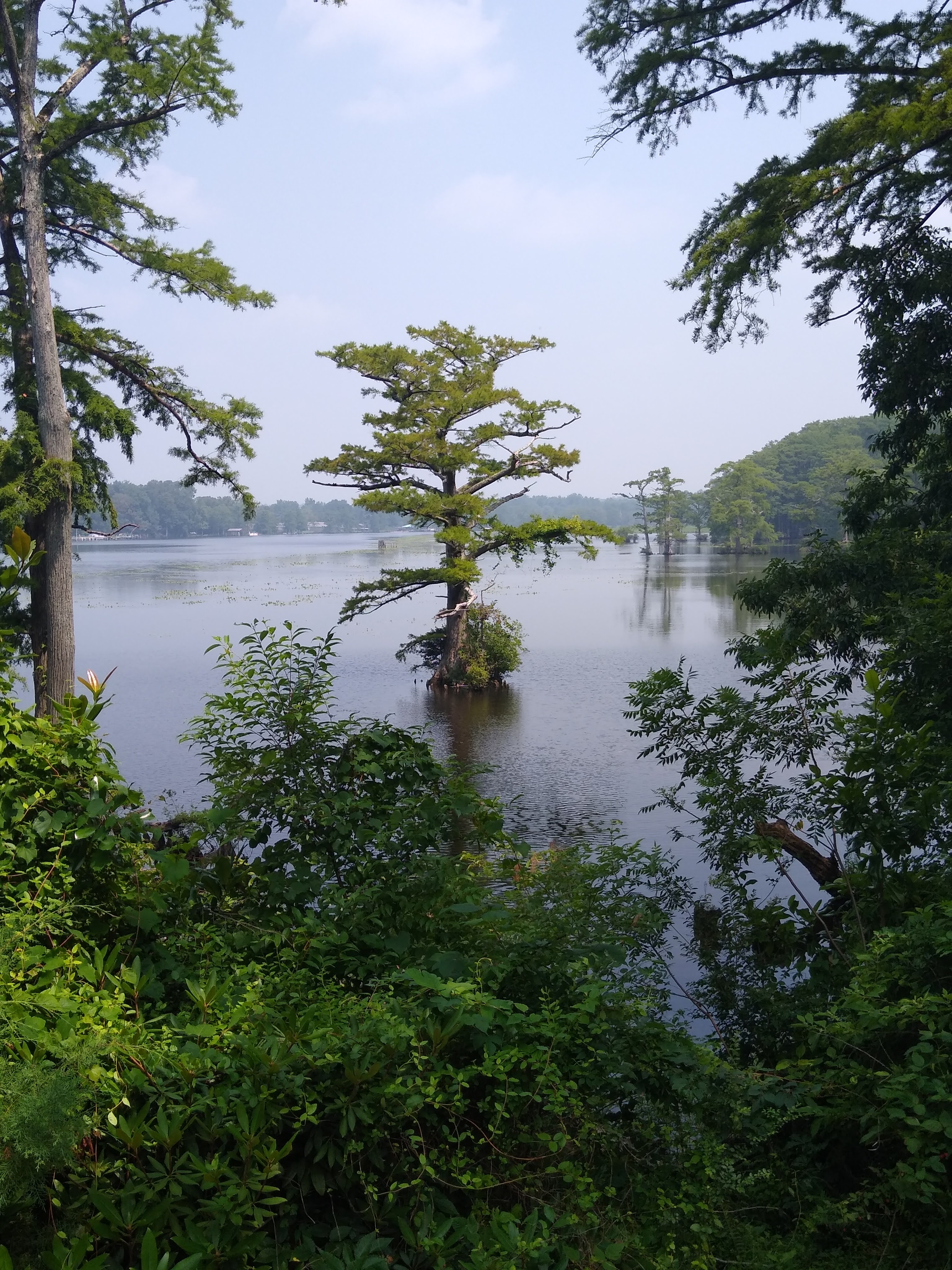It’s Time to Honor Tribal Sovereignty and Care of Ancestral Lands and Waters in the Chesapeake Bay

The Chesapeake Bay Program is revising the next version of the Chesapeake Bay Watershed Agreement which currently includes zero signatories representing Tribal Nations. The program goals also lack the incorporation of Indigenous Knowledge or meaningful inclusion of areas important to Tribal Nations within their goals to protect land in the Bay region. Help us honor the role that Tribal Nations must play in one of the world’s largest restoration initiatives by speaking up today!
The Chesapeake Bay region includes one of the world’s largest and most studied estuaries and is the ancestral homelands of many Tribal Nations including recently federally recognized tribes. The Chickahominy Indian Tribe, Chickahominy Indian Tribe - Eastern Division, Monacan Indian Nation, Nansemond Indian Nation, Pamunkey Indian Tribe, Rappahannock Tribe and Upper Mattaponi Indian Tribe are all now recognized by federal law as legal and political Sovereign Nations and rising to meet the challenges in this region.
For decades, the Chesapeake Bay Program Partnership has brought together governments, which now include the state of New York, the Commonwealth of Pennsylvania, the State of Maryland, the State of West Virginia, the State of Delaware and the Commonwealth of Virginia, the District of Columbia, the US Federal Government, and the Chesapeake Bay Commission to collaborate to protect this ecosystem and national treasure. When it was last updated in 2014, three additional signatories were added to recognize the contribution of jurisdictions to the Bay Program’s goals and the need for collaboration. Now we are asking that this list of Sovereign Governments also include Tribal Nations recognized by US federal law formally as part of this the upcoming Agreement that will be revised in December 2025.
After a year of exploring the Chesapeake Bay Program together, on January 15, 2025, the leadership of these seven federally recognized tribes in Virginia, passed a resolution, A Declaration of Tribal Nations as Sovereign Governments Committed to the Protection and Restoration of Ancestral Lands and Waters through the Chesapeake Bay Program Partnership (See full text here)
The resolution advances sovereignty, recognizes the unique political government-to-government relationships federally recognized tribes hold with the US federal government and states and key opportunities to meaningfully boost restoration and conservation efforts in the Bay region by:
1) Developing a true partnership with Sovereign Nations to reinforce a mutual duty of care for ancestral landscapes and the Chesapeake Bay watershed by creating a signatory status for Tribal Nations via the Indigenous Conservation Council, an intertribal consortium set up to build the capacity of Tribal Nations;
2) Creating and funding a new Indigenous Guardians Program to inspire new models of conservation led by Tribal Nations that around the world have proven to accelerate the pace, effectiveness, and participation in conservation; and,
3) Respectfully incorporating Indigenous Knowledge throughout the Chesapeake Bay Program to restore biodiversity, clean drinking water, and protect cultural resources.
Tribal Nations in other regions of the country are meaningfully incorporated in management of their regional Bay and waterways. It’s time for the Chesapeake Bay to catch up!
Decision-makers have indicated support for the resolution and also questioned whether their current charge can support the addition of new signatories. We need your help to insist that the Chesapeake Bay Executive Council acknowledges the formal relationship of Tribal Nations under the law and fully adopts the declaration’s requests.
This is important because study after study shows that land can be managed most effectively and efficiently using Indigenous Knowledge to restore the health and wellness of communities and their lands and waters. Investing in Indigenous conservation is a must-do in a rapidly changing world and critical for a healthy Bay and community well-being.
